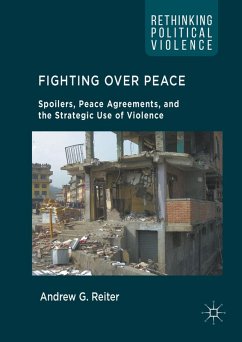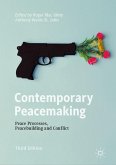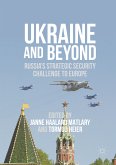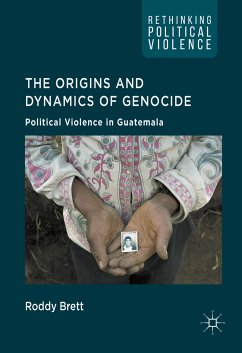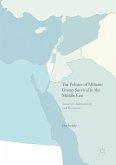This book presents post-peace agreement violence as a serious, yet predictable and manageable, political phenomenon. Negotiating an end to a civil war is extremely difficult, and many signed peace agreements subsequently unravel, ushering in renewed conflict. In response, important international actors have become increasingly involved in conflict mediation, peacekeeping, and post-conflict reconstruction around the globe. Policymakers and scholars alike have identified spoilers-violent actors who often rise up and attempt to challenge or derail the peace process-as one of the greatest threats to peace. Using a mixed-method approach combining quantitative and qualitative analyses of a newly created, global dataset of spoiling, Reiter demonstrates that this type of violence occurs in predictable circumstances and only represents a threat to peace under specific conditions. The book also shows that spoiling often serves to bring agreement flaws and implementation failures to light and inturn forces actors to recommit to an accord, thereby strengthening peace in the long term.
Dieser Download kann aus rechtlichen Gründen nur mit Rechnungsadresse in A, B, BG, CY, CZ, D, DK, EW, E, FIN, F, GR, HR, H, IRL, I, LT, L, LR, M, NL, PL, P, R, S, SLO, SK ausgeliefert werden.

